Top 10 Nootropics and Smart Drugs: Enhancing Cognitive Abilities

A Deep Dive into the Best Nootropics and Smart Drugs for Memory, Focus, and Creativity
In the realm of cognitive enhancement, certain supplements and smart drugs have risen to prominence for their abilities to improve memory, focus, creativity, and more. Some are even noted for their potential in aiding brain injury recovery.
Both natural and synthetic, nootropics and smart drugs have become popular in our competitive society for boosting memory, focus, creativity, intelligence, and motivation.
Let’s explore the top 10 nootropics and their significant roles in enhancing cognitive performance.
- Caffeine The most consumed psychoactive substance globally, caffeine, is found in coffee, cocoa, tea, kola nuts, guarana, various beverages, and medications. It is also available as a supplement, either alone or combined with other substances. Caffeine works by inhibiting adenosine receptors in the brain, reducing fatigue. Consumption of 40 to 300 mg increases alertness and attention, decreasing reaction time, especially effective for those experiencing fatigue.
-
L-Theanine An amino acid found in tea, L-Theanine is also available as a supplement. Consuming 200 mg induces a calming effect without drowsiness. Even 50 mg, equivalent to about two cups of brewed tea, boosts alpha-wave activity in the brain, linked to enhanced creativity. L-Theanine and caffeine, a common combination in supplements, are both found in tea.
-
Creatine Creatine, an amino acid known for muscle growth, also benefits the brain. It combines with phosphate in the brain to energize cells, improving short-term memory and reasoning, especially in vegetarians and those under stress. Daily intake of 5 grams is considered safe, but long-term effects of larger doses need more research.
-
Bacopa Monnieri An ancient Ayurvedic herb, Bacopa monnieri, improves brain function. It speeds up information processing, reduces reaction times, and improves memory. It contains bacosides, which protect the brain and enhance hippocampal signaling. Effects are cumulative, requiring several months of consumption at 300 to 600 mg daily.
-
Rhodiola Rosea An adaptogenic herb, Rhodiola rosea, helps the body manage stress. Studies show it improves mood and reduces burnout in those with anxiety and high stress. Daily doses help reduce mental fatigue and increase well-being, especially during stressful exams. More research is needed to understand ideal dosages and mechanisms.
-
Panax Ginseng The root of Panax ginseng, a medicinal plant, boosts brain function. A single dose of 200–400 mg reduces brain fatigue and improves task performance. Its anti-inflammatory effects protect the brain, though the body may develop a tolerance over months, necessitating further long-term studies.
-
Ginkgo Biloba Extracted from Ginkgo biloba tree leaves, this supplement enhances memory and mental processing in older adults, particularly with six weeks of daily use. It reduces stress-related high blood pressure and cortisol levels, possibly by increasing brain blood circulation. More research is needed for a definitive understanding.
-
Noopept A synthetic smart drug, Noopept offers rapid effects, enhancing memory formation and retrieval by increasing BDNF levels. It has shown potential in aiding brain injury recovery in humans but requires more research for healthy adults.
-
Piracetam A synthetic nootropic similar to Noopept, Piracetam, might improve memory in those with cognitive decline but has limited effects in healthy adults. Early studies suggesting benefits for healthy adults have not been substantiated.
-
Phenotropil Also known as phenylpiracetam, this synthetic smart drug aids brain recovery from injuries. Its effects on memory enhancement in healthy adults are not yet supported by substantial research.
The Overall Perspective
Nootropics and smart drugs span natural substances, synthetic compounds, and prescriptions, aiming to enhance cognitive function.
Prescription smart drugs like Adderall and Ritalin have pronounced effects on memory and attention. Synthetic nootropics, though available, lack extensive research validating their effectiveness in healthy adults.
Natural nootropics are used in alternative medicine, with subtle and gradual effects. They are often combined for enhanced impact.
The use of nootropics and smart drugs is growing, but more research is needed to fully understand their benefits.
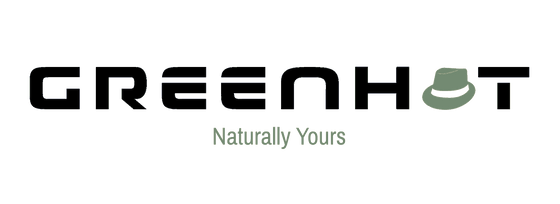

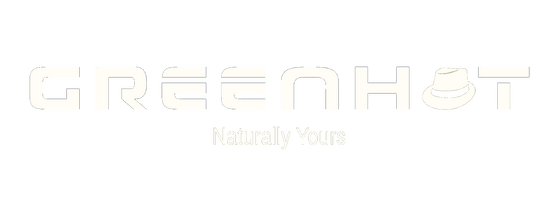

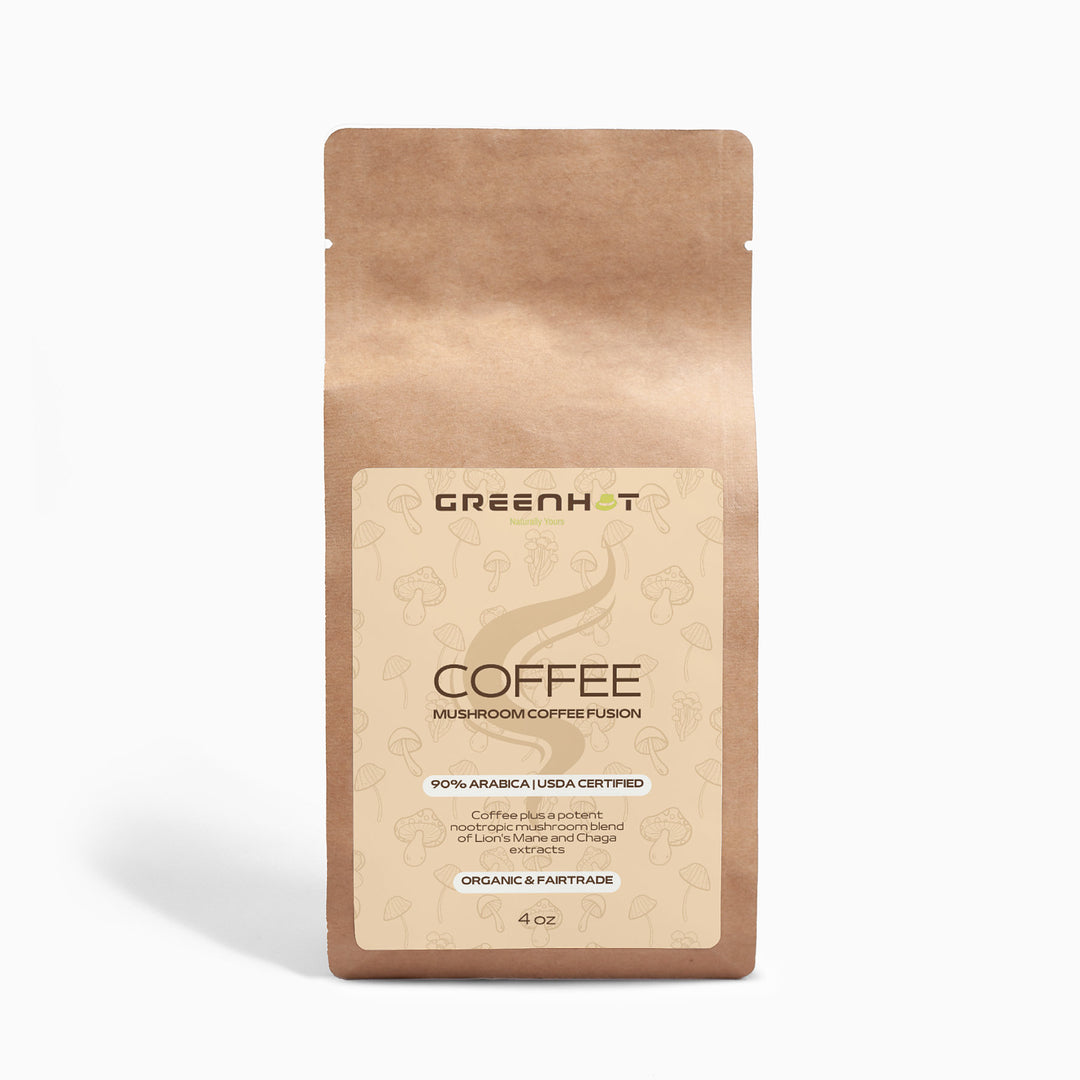
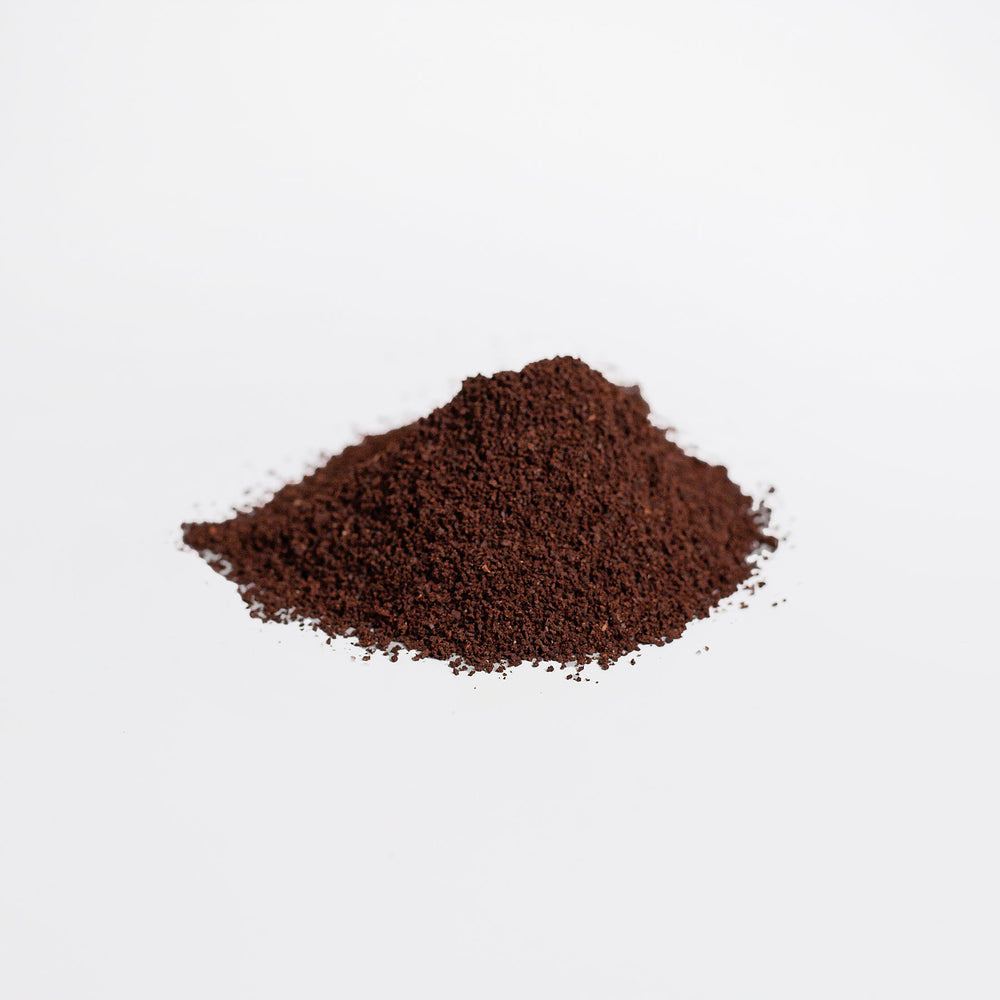
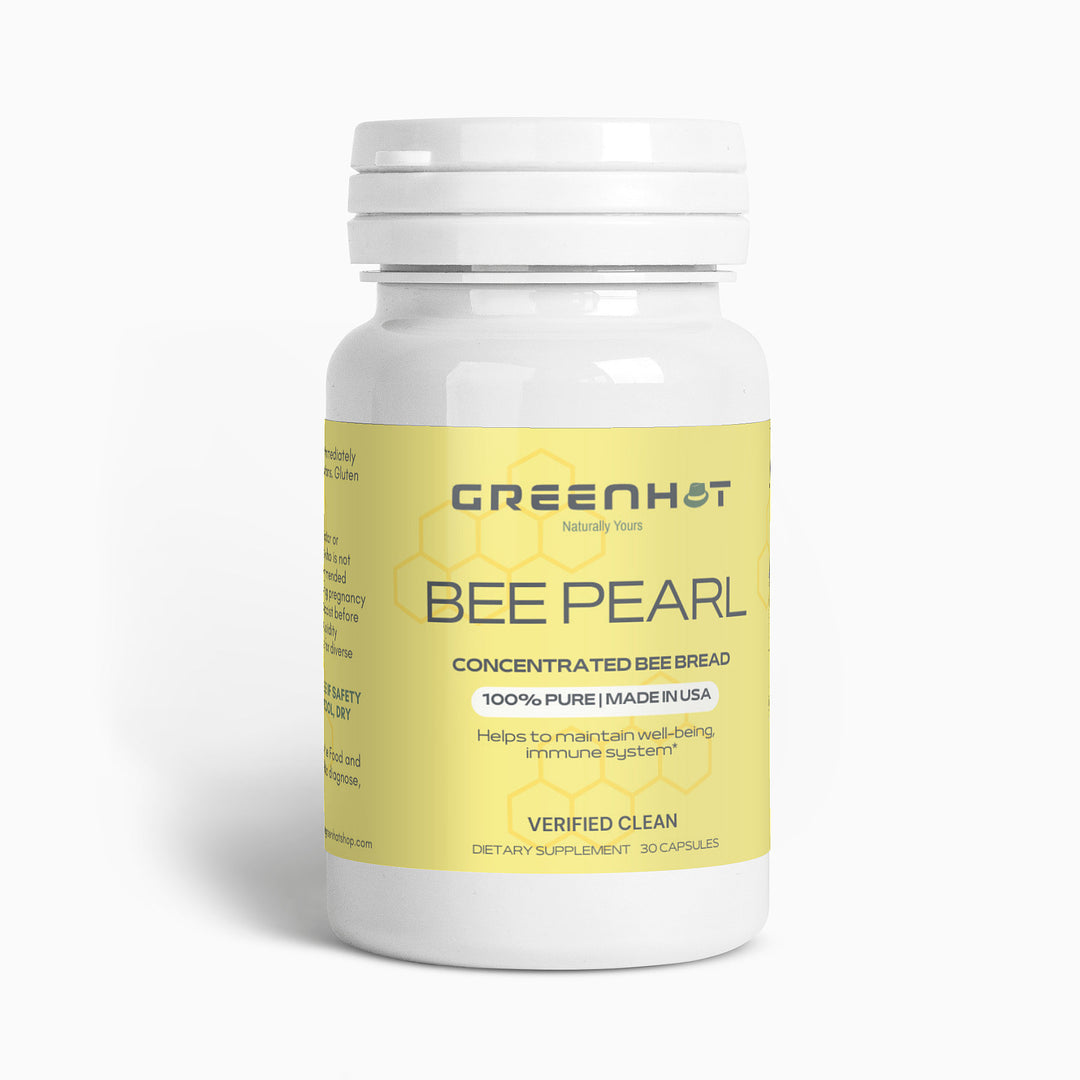
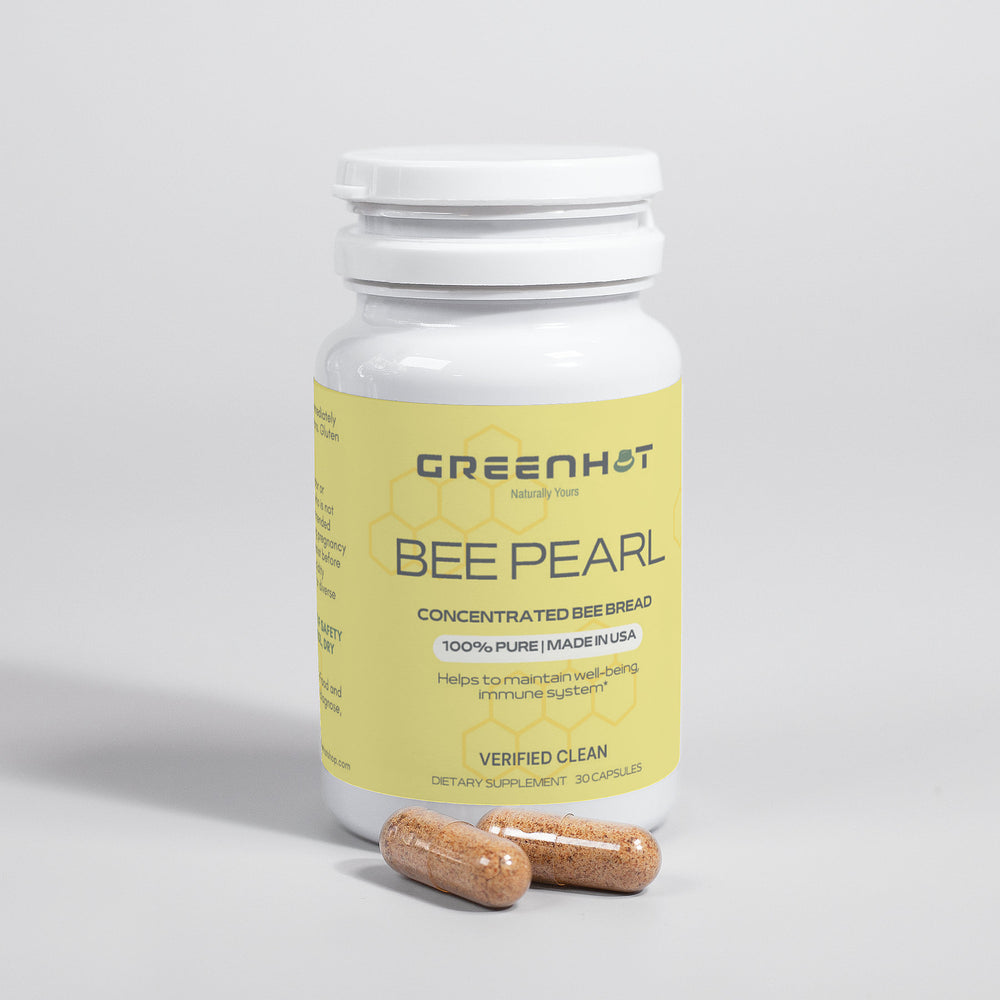
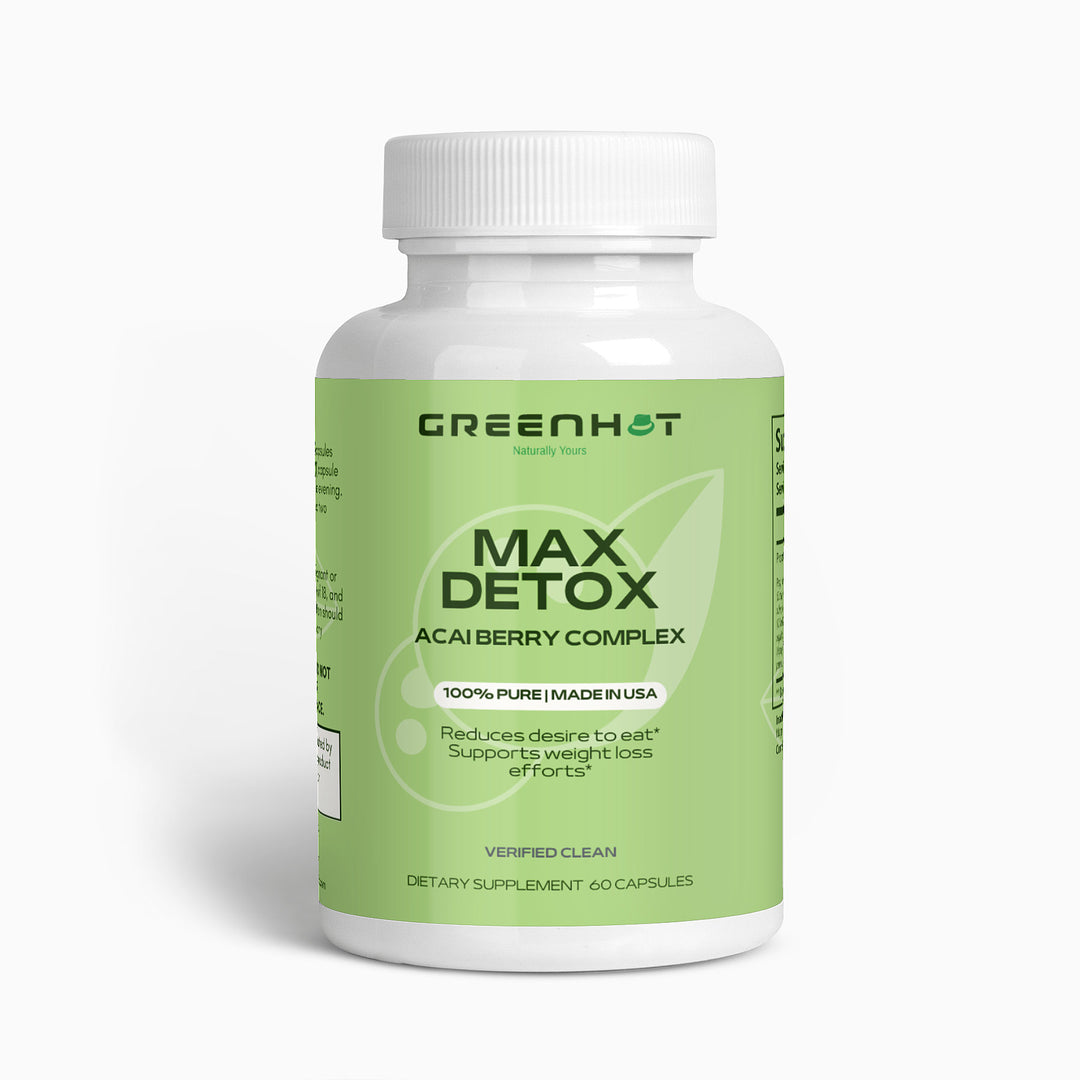
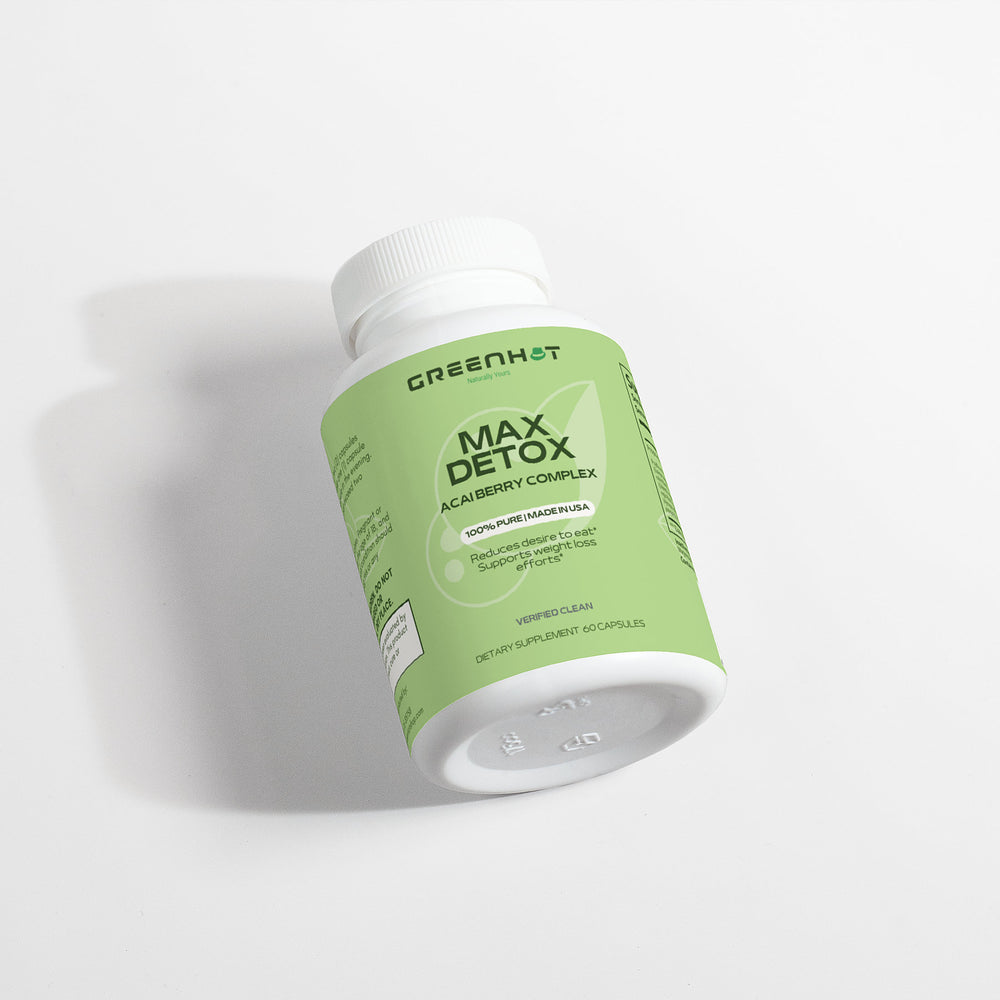
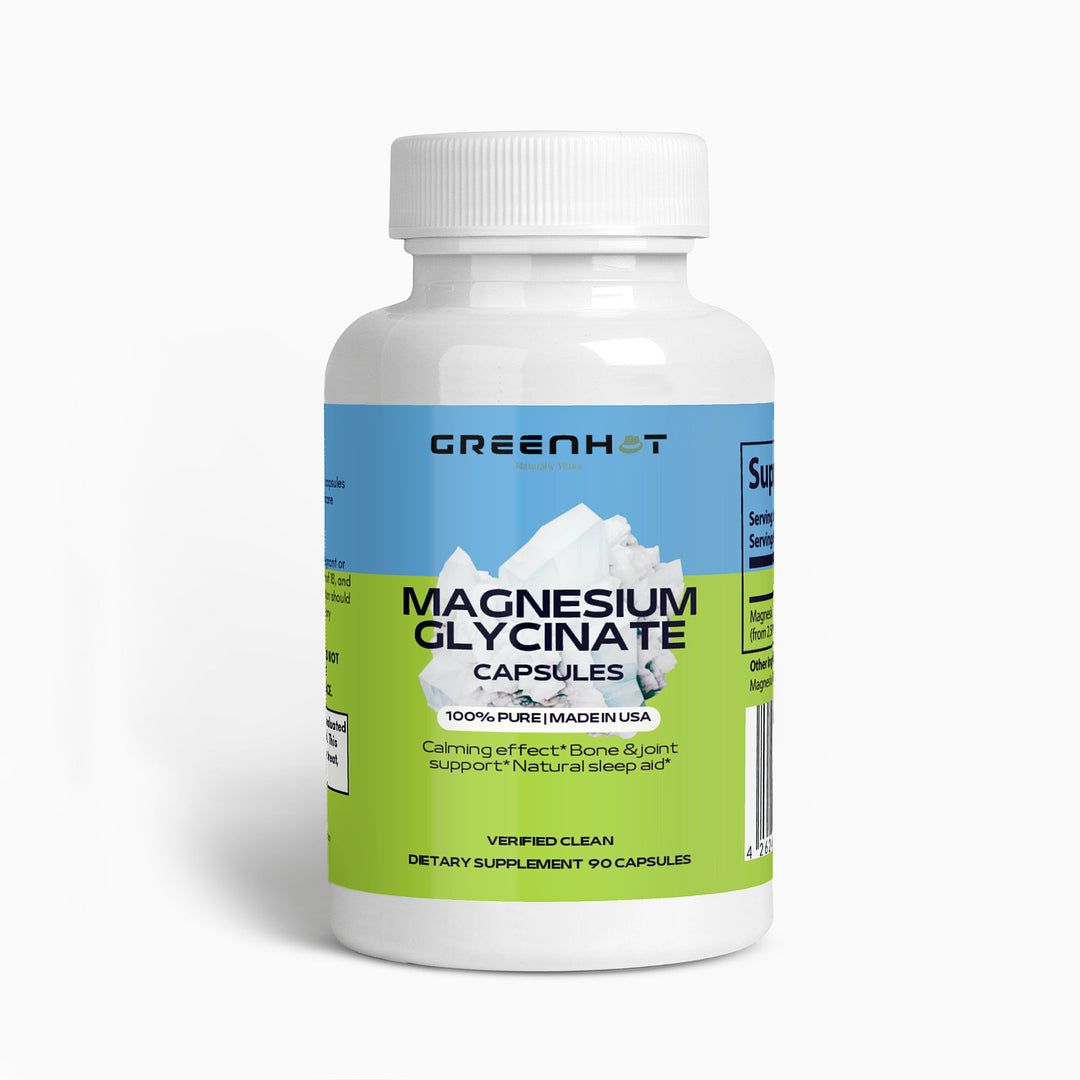
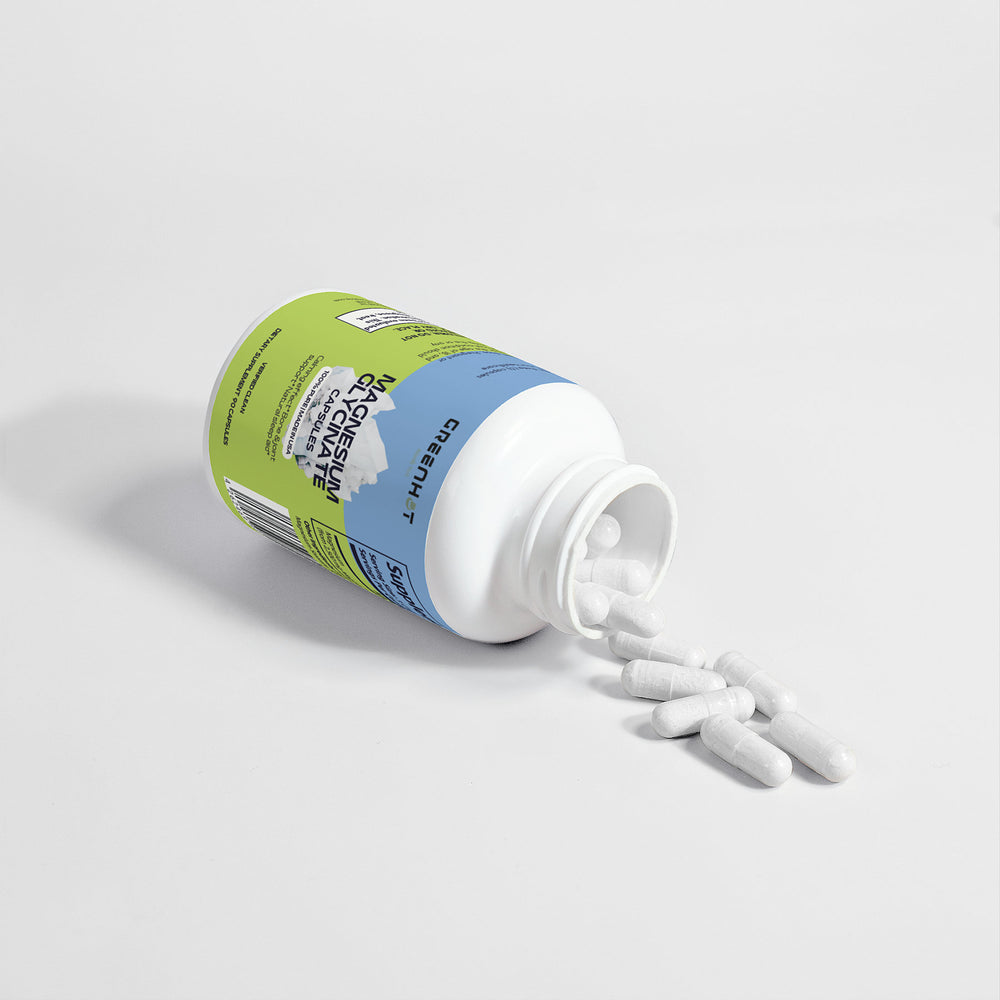
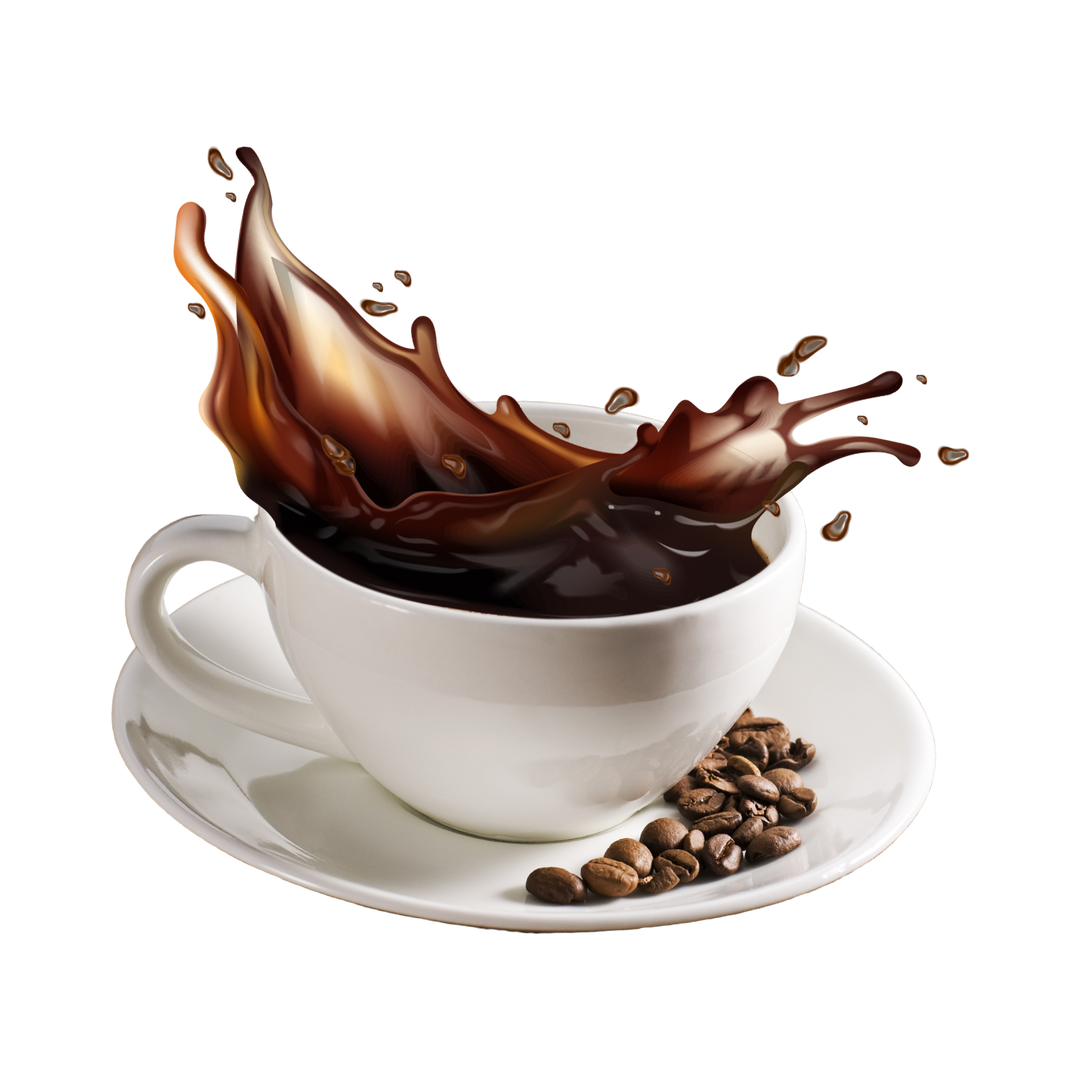
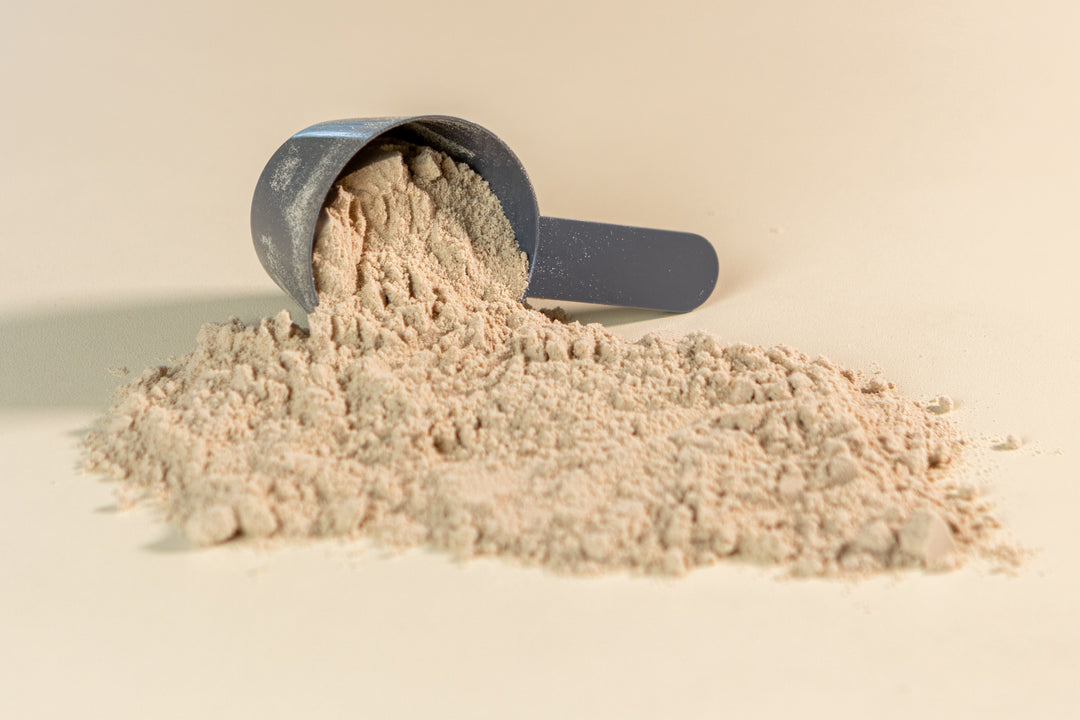
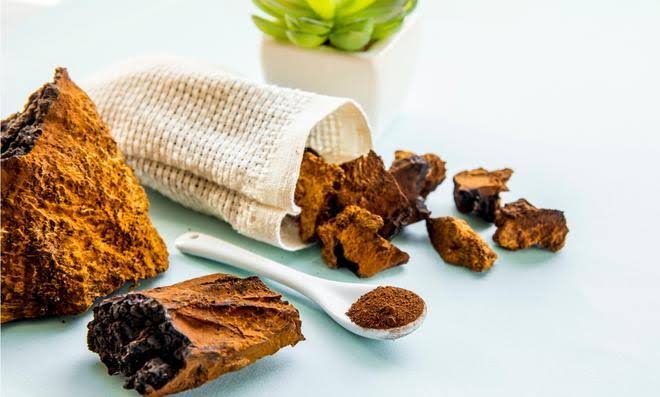






Leave a comment